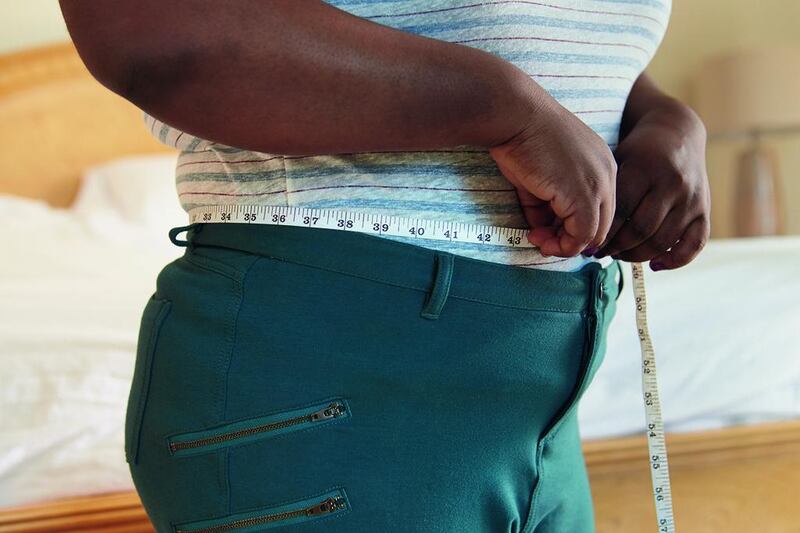Despite spending what seems to be a lifetime dieting, many of us just don’t seem to be able to lose weight. Our meal plan may be paleo and our exercise regime punishing, but our body remains, stubbornly, at that same weight on the scale.
What do we do? Well, a very wise man once said that if we want to achieve a different result we must be willing to do something differently, otherwise diet insanity may be our fate. For this we need to reframe how we look at excess weight. This is crucial because how we view something ultimately determines how we will deal with it. We view weight as the problem, but weight itself is not the true problem: it is merely a symptom. Treating weight as the problem through systematic dieting is the same as taking a painkiller and then never expecting to get a headache again. Excess weight is a symptom of body imbalance. Correct this imbalance and you’ll solve the problem and relieve yourself of the symptom in the process. Here are six reasons why you’re not losing weight.
1. You’re counting calories not nutrients
Your body is not a spreadsheet and is far more complex than a simple calories-in and calories-out equation. If you use the calorie logic you will be choosing a bowl of cereal over chia seeds, avocados and nuts, all of which will help you to lose weight because they are full of nutrients that boost metabolism and enhance your body’s ability to break down fat. Counting calories invariably leads to nutrient deficiencies for weight loss. B vitamins, omega 3 and the alkaline minerals magnesium and calcium are essential.
2. Your digestive fire is out
Digestion is the key to feeling lighter – without proper digestion you can live on salads and still not drop an ounce. If you suffer from bloating, lethargy, slow bowel movement, wind, gas or cramps then you can bet your digestive fire needs fanning. The better you digest, the lighter you will feel. Food intolerances are a significant factor here as they sabotage digestion, so pay attention to how your body responds to foods, especially wheat and dairy. Eat slowly, chew food properly and do not go for long spells without eating.
3. Your body has no flow
Hydration is essential for weight loss, as lightness always comes from flow, which keeps everything moving, and water is the body’s main source of flow. Drinking one litre of room-temperature water before breakfast is a great way to boost your flow. Continue to drink an additional two litres throughout the day. Remember, heaviness comes from stagnation and accumulation. If you want to feel light, you have to find your flow.
4. Blood sugar roller coaster
It is difficult to lose weight if your blood sugar is on a roller coaster. You need to significantly reduce the amount of sugar in your diet. White carbs should be eliminated in favour of their wholegrain alternatives; quinoa, millet and buckwheat make excellent choices for balancing blood sugar, as do all things green, especially leafy greens like kale and spinach.
5. Hormonal disharmony
Hormones can completely disrupt even the best weight-loss efforts. Counting nutrients instead of calories will certainly help as B vitamins, omega 3 and magnesium are essential for hormonal balance, but be sure to appropriately address this.
6. You’re burning out
Stress is responsible for a plethora of health problems including excess weight. It creates acidity, inflammation and accumulation in your body, all of which contribute to heaviness. To relieve this, you must actively take steps to reduce stress.
Laura Holland is a nutrition and well-being consultant. www.beutifulbody.com






